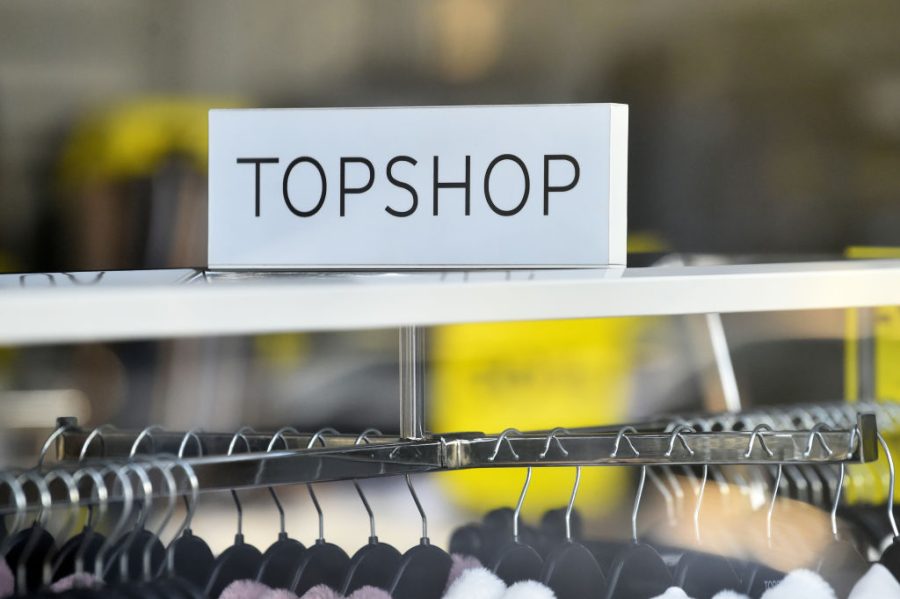You probably won’t see Kate Moss gossiping with a Spice Girl or two by the changing rooms, but for anyone nostalgic for the 1990s, there will be at least one treat to look forward to. Topshop is back. There is just one catch. Sure, it might be able to carve out a niche for itself. But in the face of a blizzard of tax rises, it can’t save the high street.
It is not exactly a return to the glory days, when its stores dominated every high street and suburban mall, but from this weekend you will be able to buy Topshop- and Topman-labelled clothes from a concession at the West End department store Liberty. A full-scale return to bricks-and-mortar stores is being hinted at by the chain, now owned by the online retailer Asos, and the Danish retailer Heartland. It is not completely alone. Uniqlo has opened its first store in Liverpool, and the fashion chain Mango is planning another 20 shops across the country.
A stagnant economy means that people don’t have any money to spend
It is easy to hype that up as the return of the high street after years of decline. And, in fairness, there are some signs that online shopping has stalled, and customers are returning to physical stores. The trouble is, it is not going to last.
It is only a few months since employer National Insurance contributions were increased and the threshold lowered, which left shops, which typically need a lot of modestly paid staff, facing a big rise in taxes. Business rates have been pushed up, and reliefs withdrawn, adding tens of thousands to a tax that has to be paid regardless of whether you are profitable or not. The living wage keeps being pushed up ahead of inflation, making staff more expensive to employ. And the police show no interest in clamping down on an epidemic of shoplifting that means up to five per cent of the stock has to effectively be set aside for theft every week. On top of all that, a stagnant economy means that people don’t have any money to spend.
High street retailers face a government that has no idea how business works, that despises entrepreneurs, and that is determined to wring every last penny of tax out of the economy that it can. So long as that is true, retailers face a relentless decline. A few fashionistas might be flocking to the new-look Topshop – but this doesn’t mean the high street is safe.






Comments